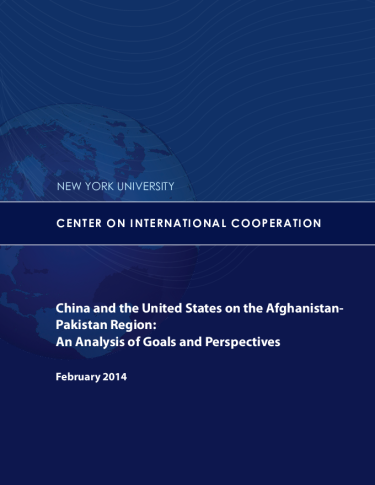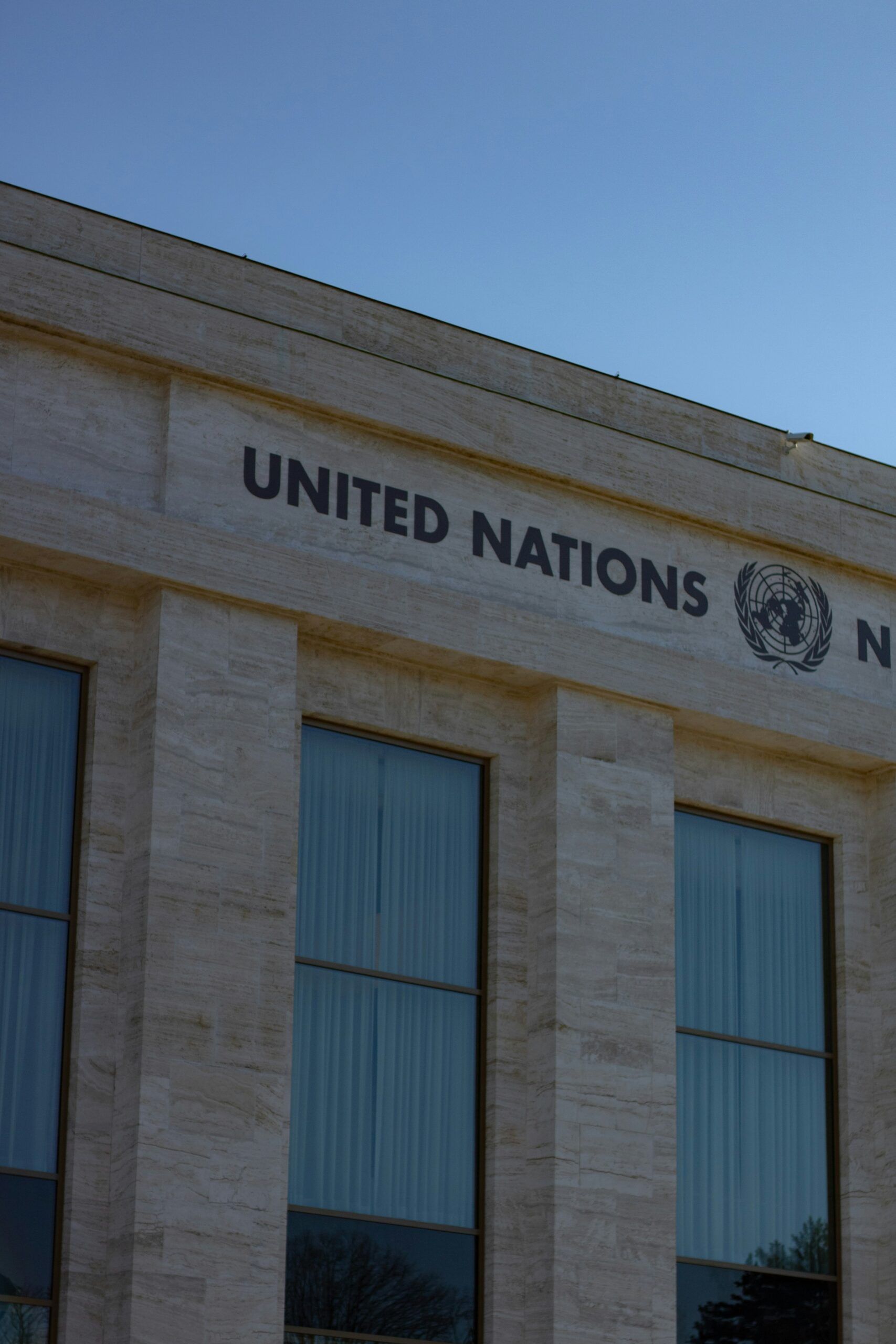An Analysis of Goals and Perspectives
Since 2009, the Center on International Cooperation (CIC) at New York University has supported the development of regional approaches to Afghanistan by co-convening a series of structured dialogues among regional stakeholders. Since the initial meeting in June 2009 in Dubai, CIC has co-convened seven meetings including Istanbul (January 2010), Dubai (December 2010, April 2011), Oslo (June 2011), Dubai (September 2011), Oslo (September 2011), and Abu Dhabi (January 2013). Through this process, we identified China’s shift in outlook and policy toward and Afghanistan and Pakistan to be one of the most dynamic, and potentially significant, factors in the region.
To better understand this shift, CIC has worked with Chinese partners and the US Embassy in Beijing to launch a series of US-China Dialogues on Afghanistan and Pakistan. This process was launched with meetings in Beijing in July 2012 and was followed by meetings in New York (January 2013) and Beijing and Shanghai (October 2013). The next round of the dialogue is scheduled for March 2014 in Beijing and will include two trilaterals (US/ China/Afghanistan and US/China/ Pakistan). This report provides CIC’s summary of the conclusions of the dialogue up to now. It seeks to provide CIC’s understanding of US and Chinese views on Afghanistan and Pakistan and to highlight areas of common understanding and continuing divergences.


